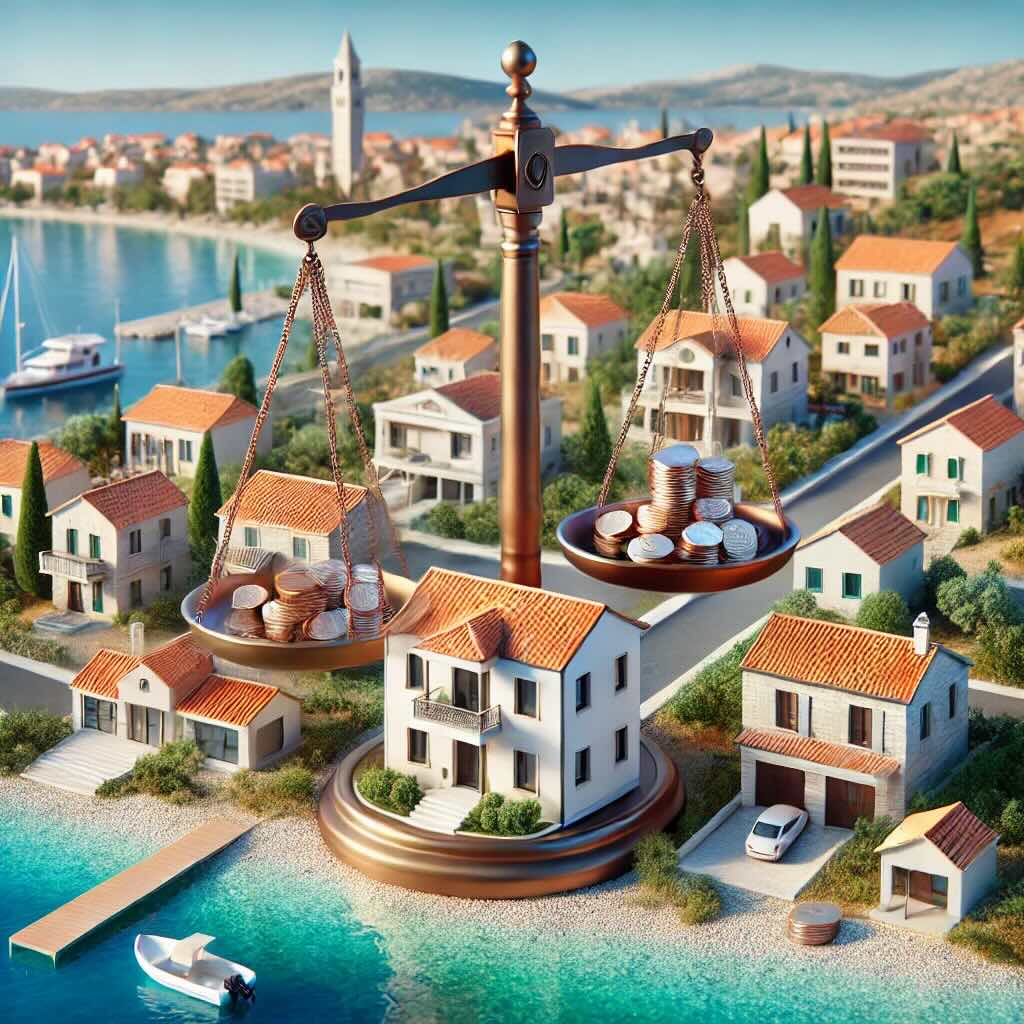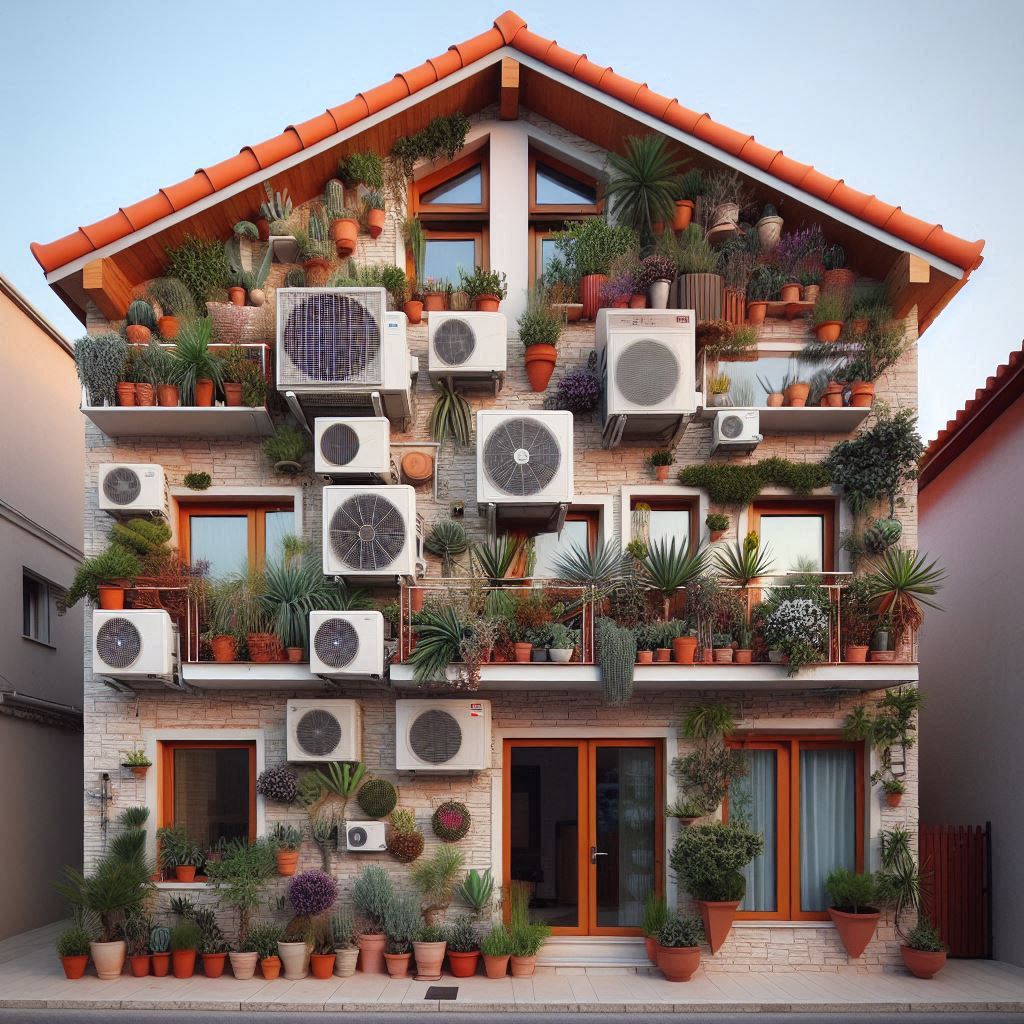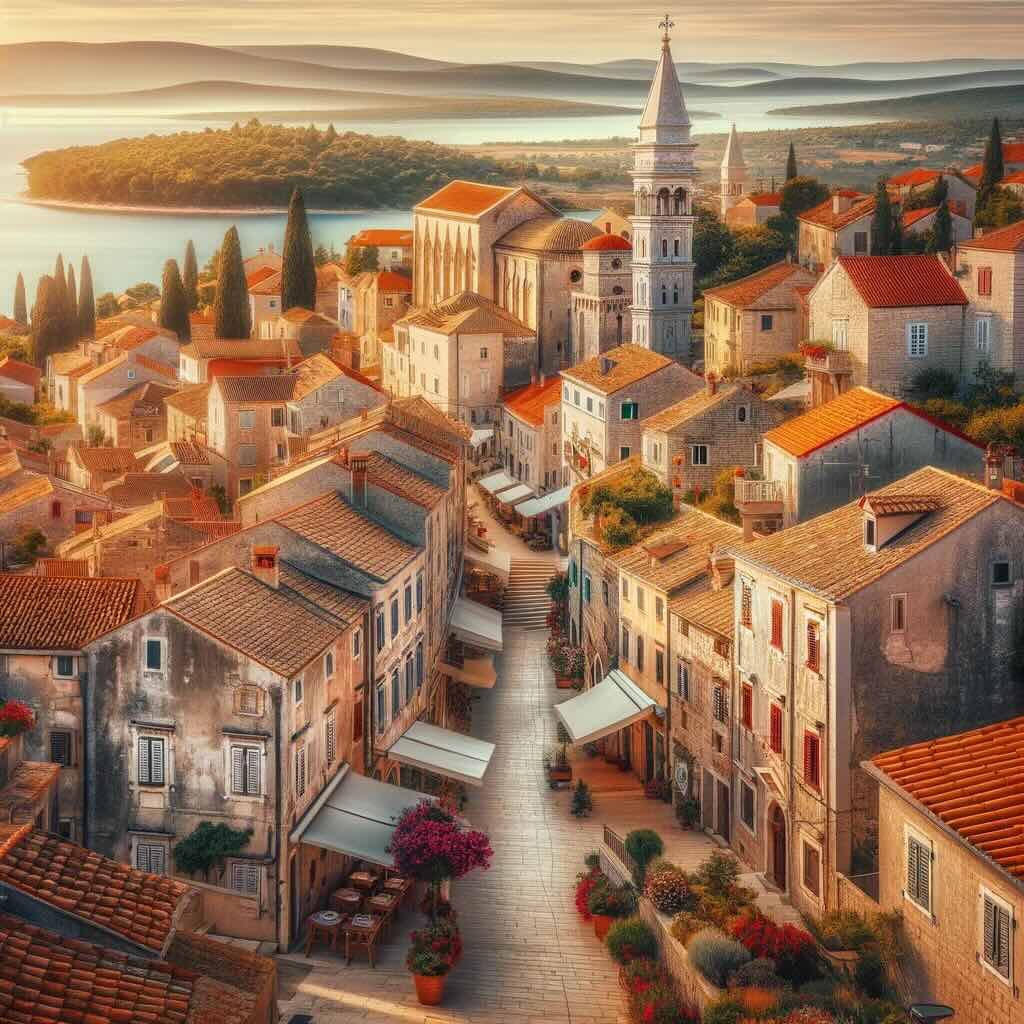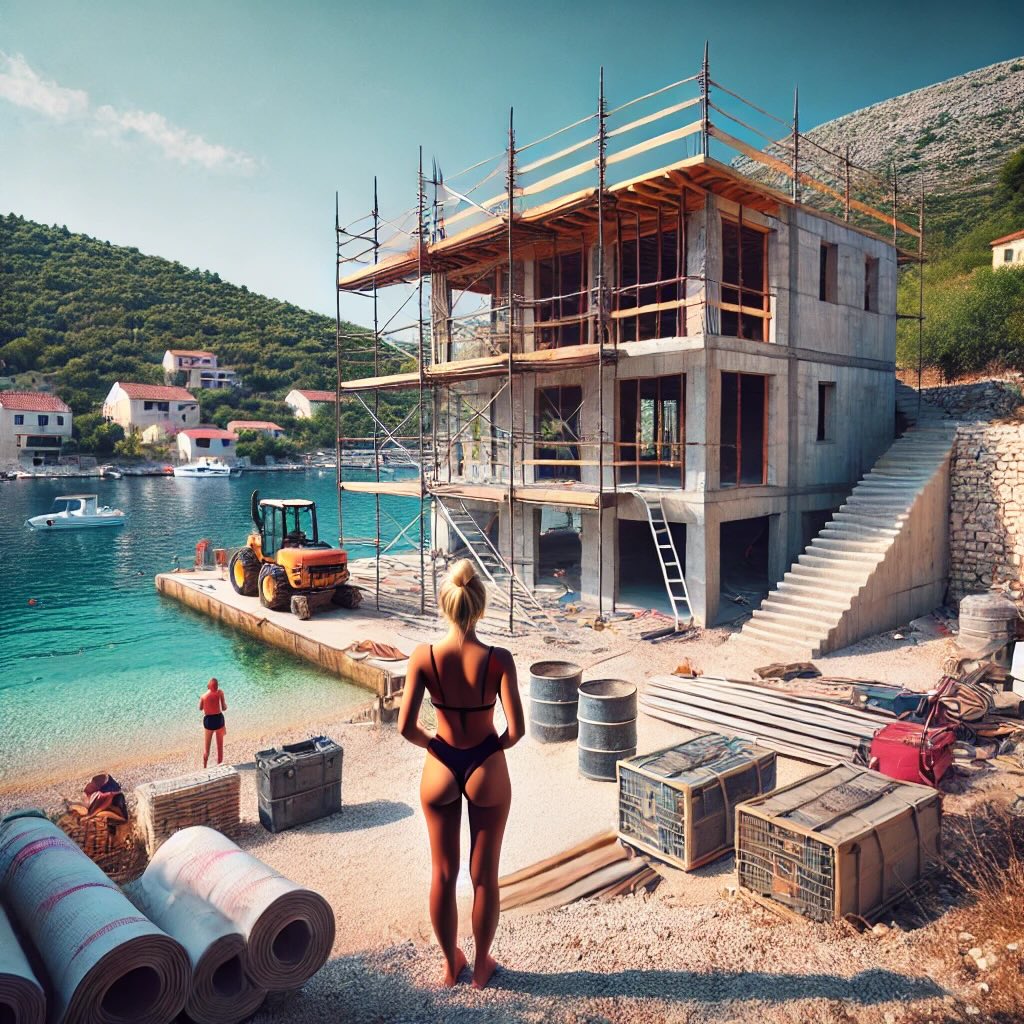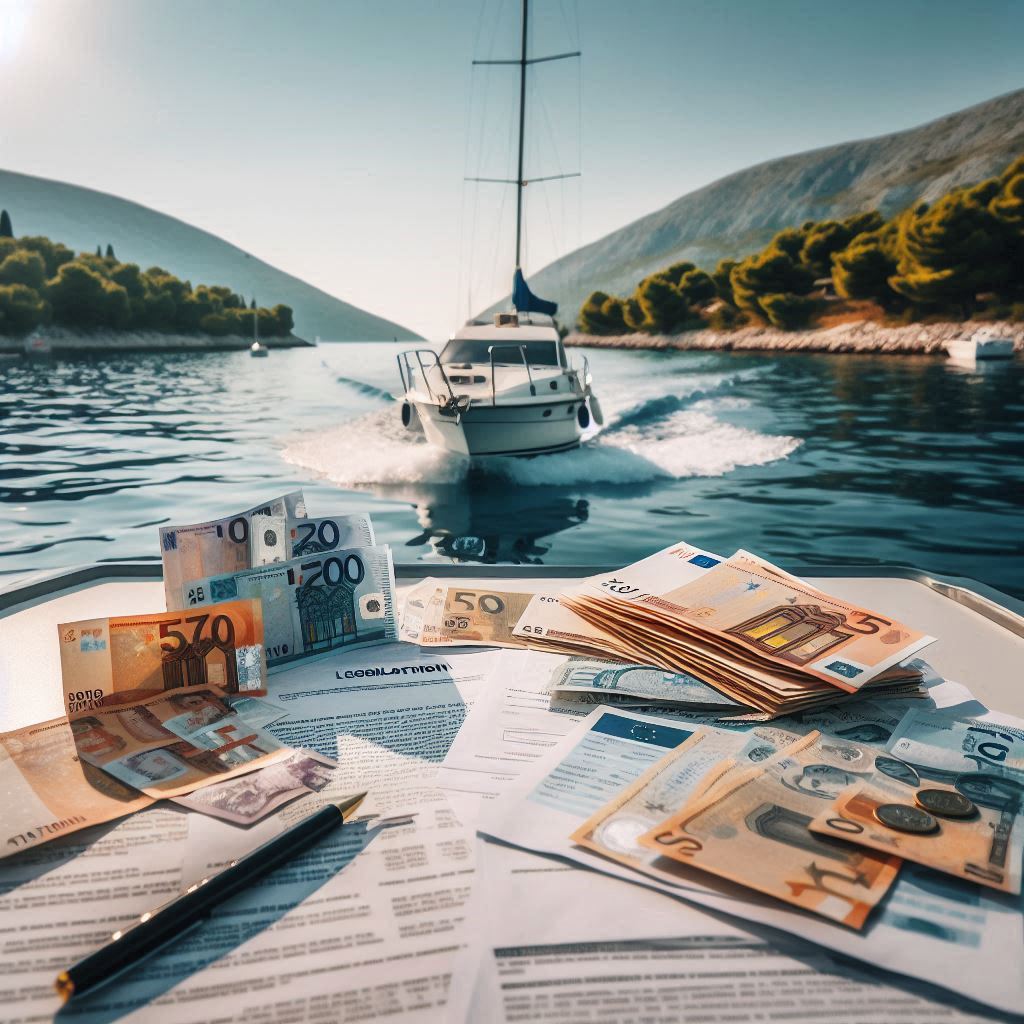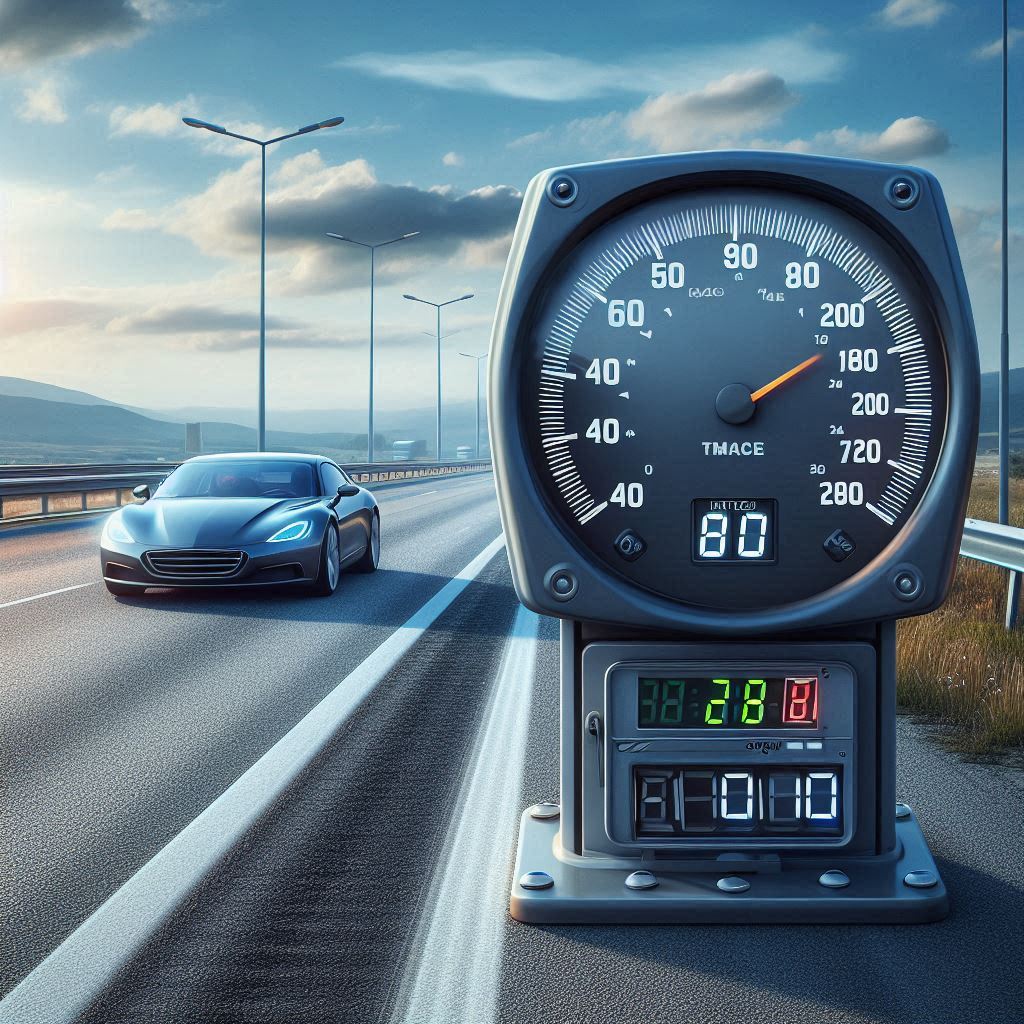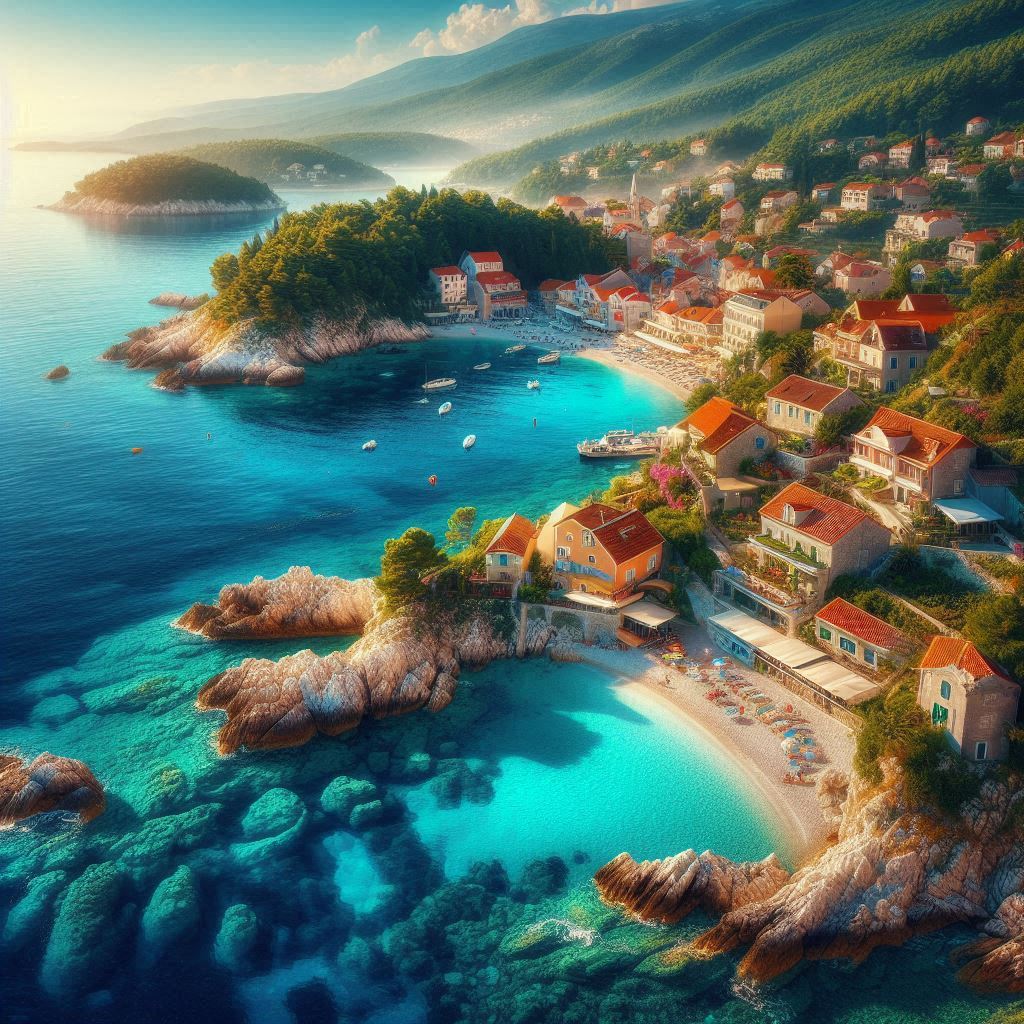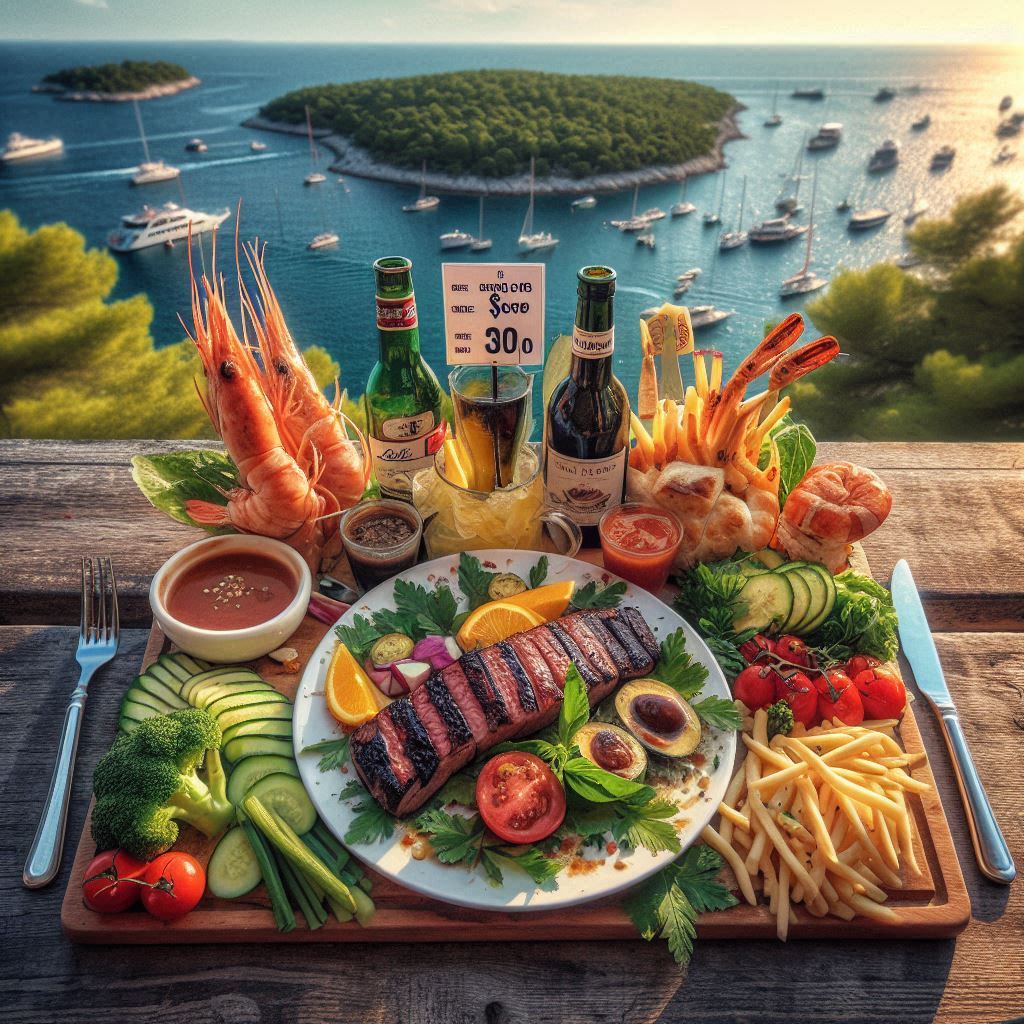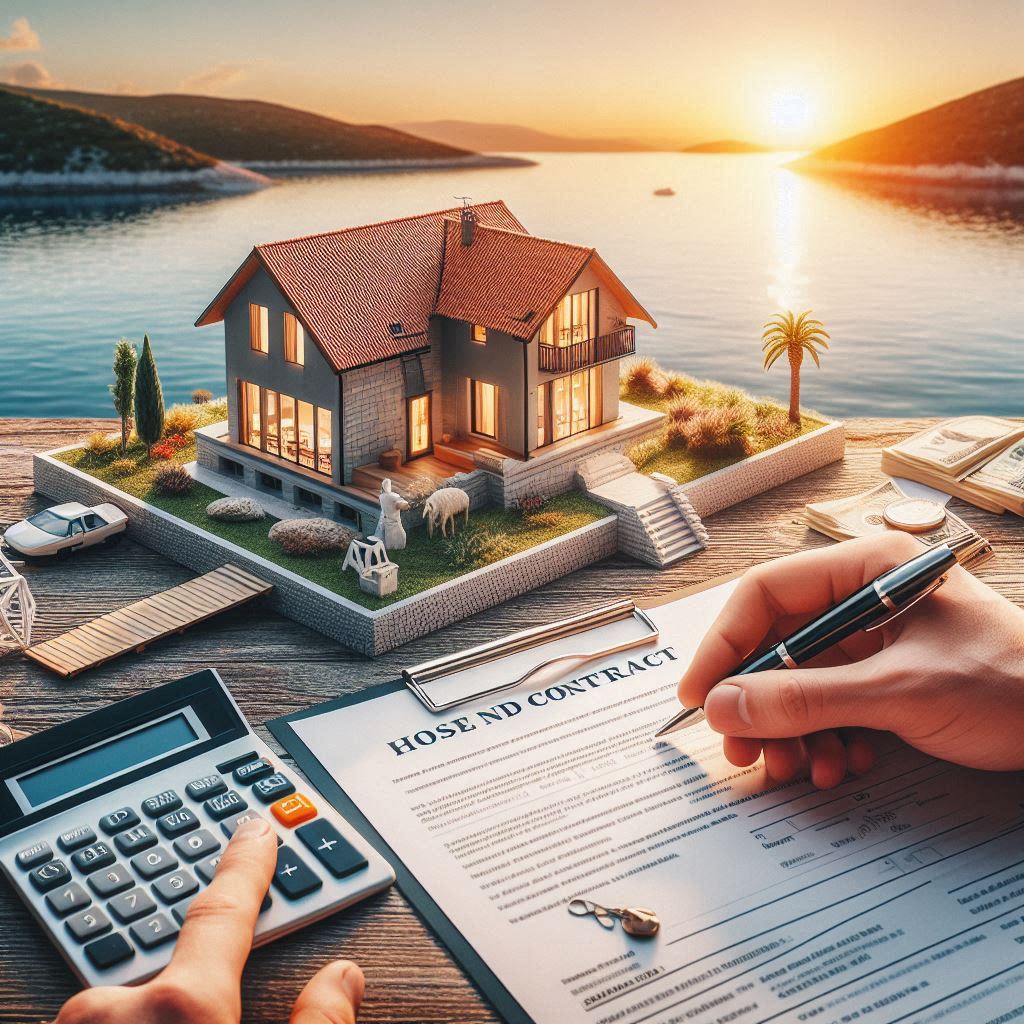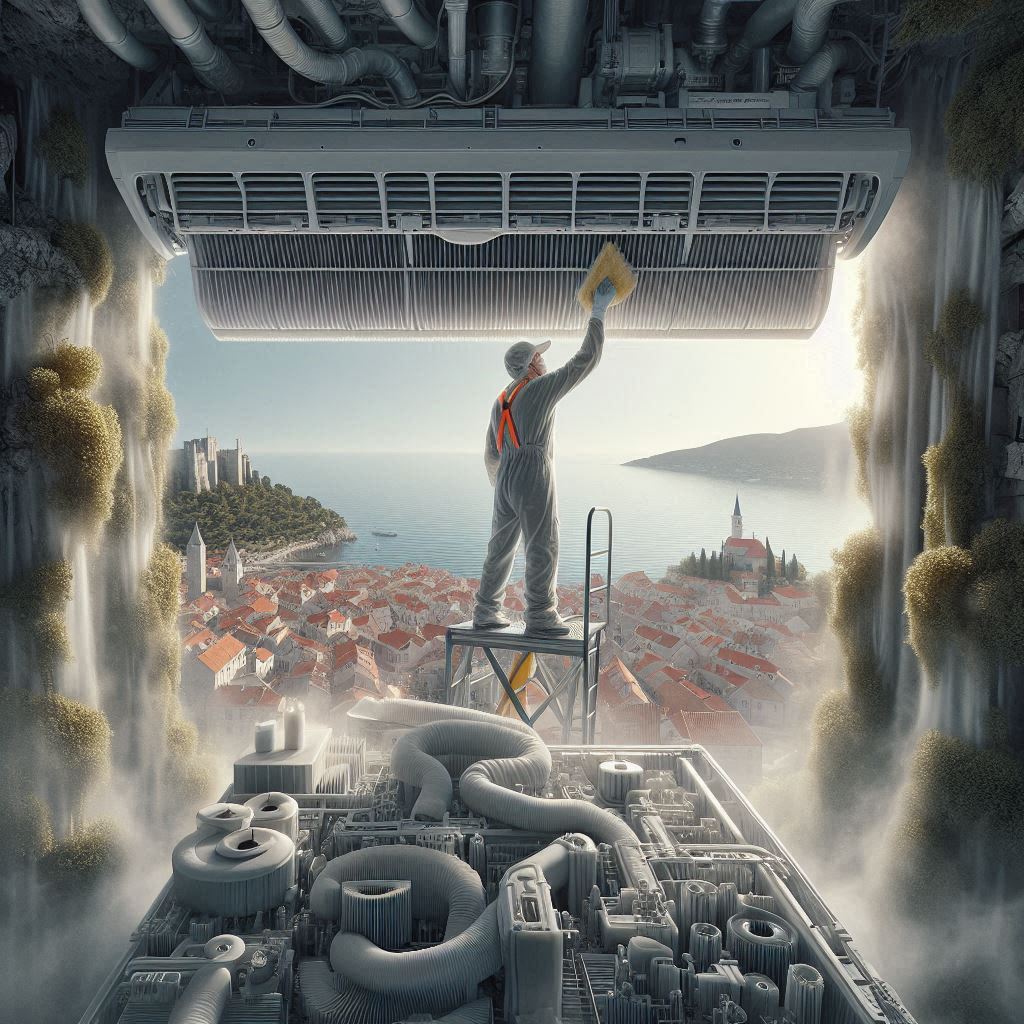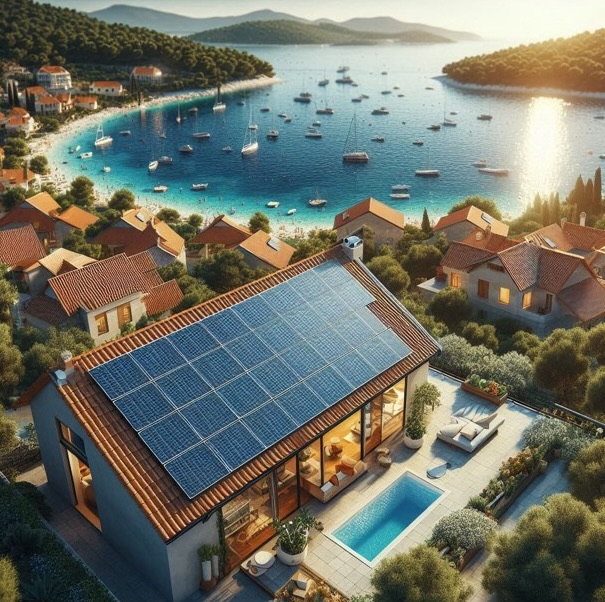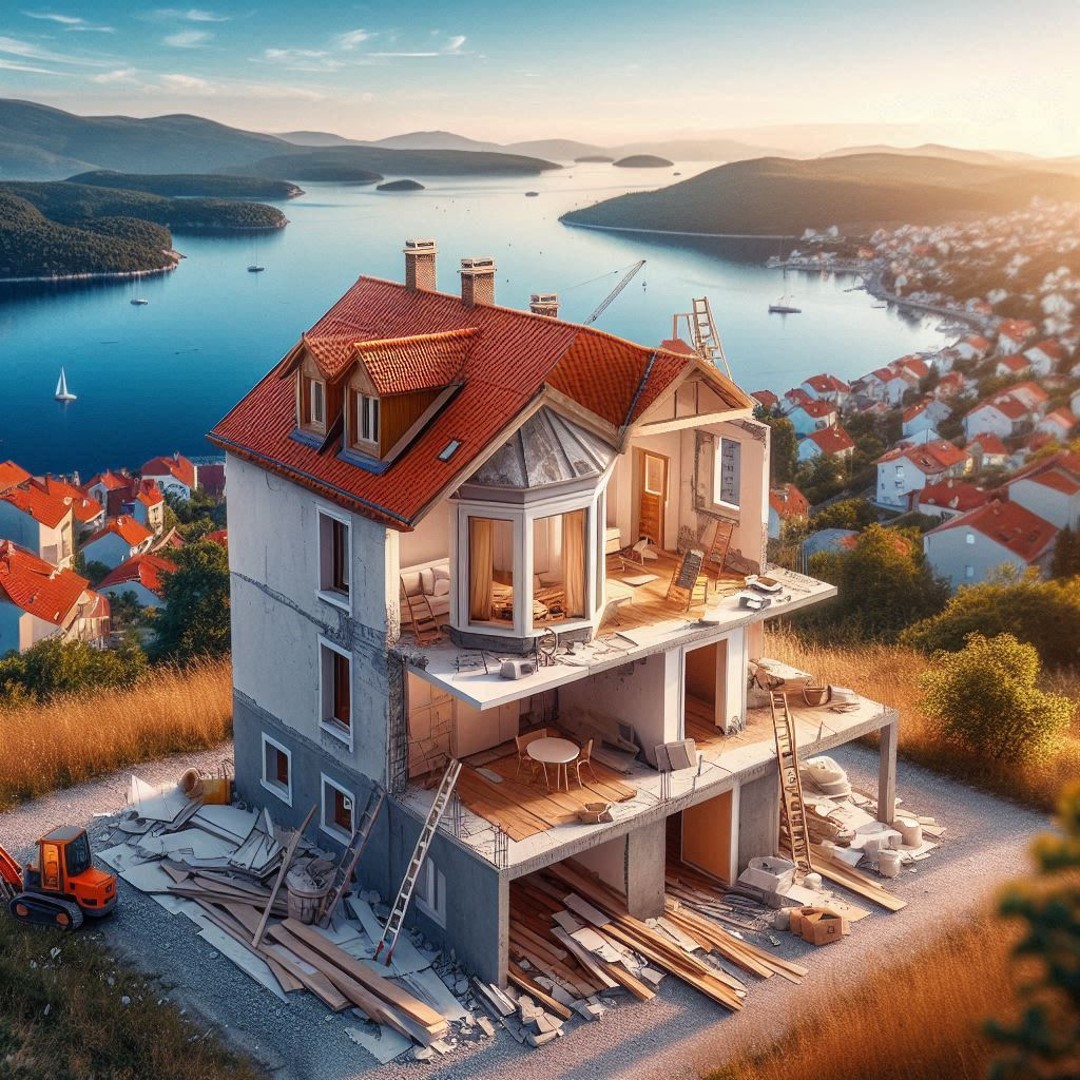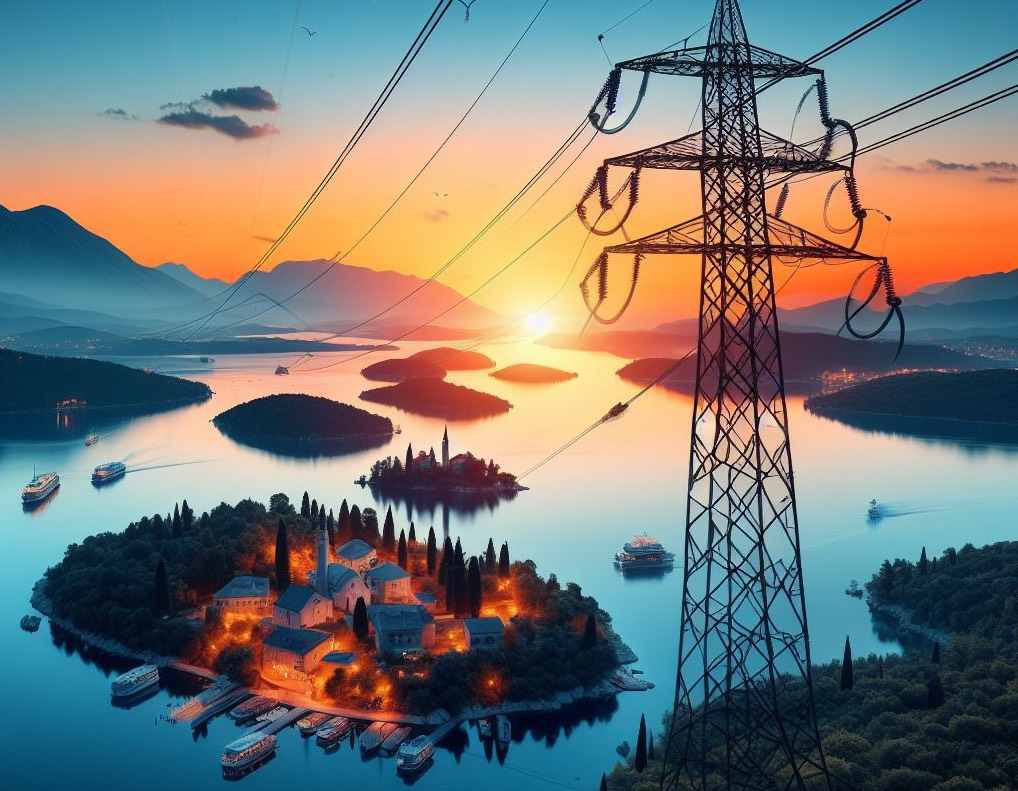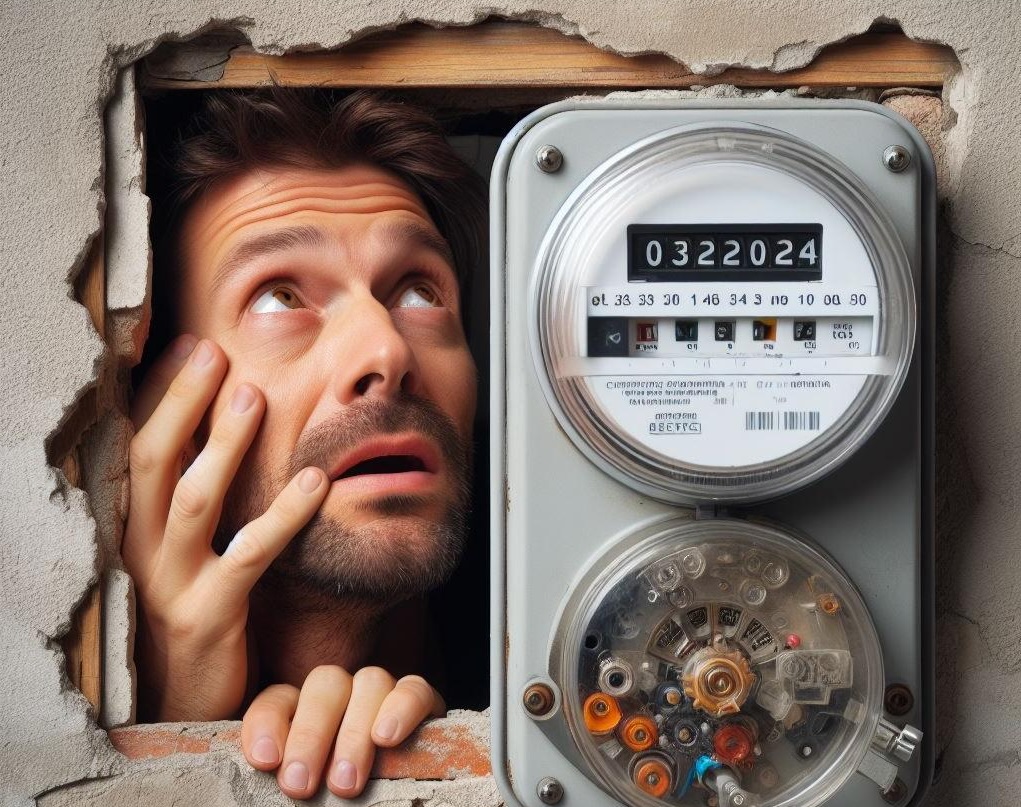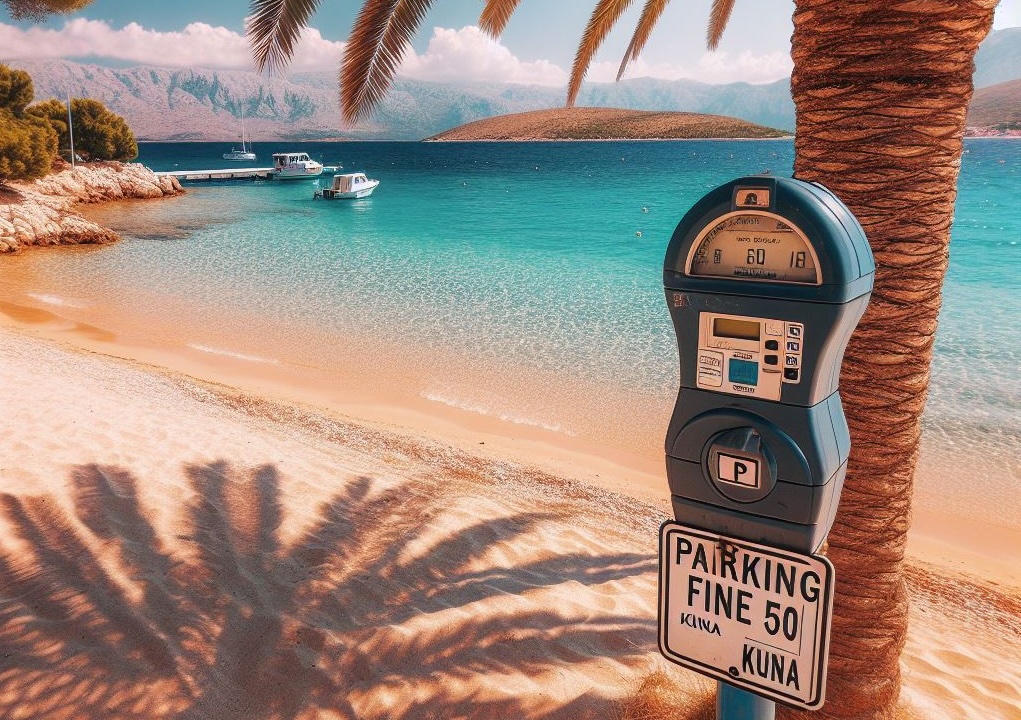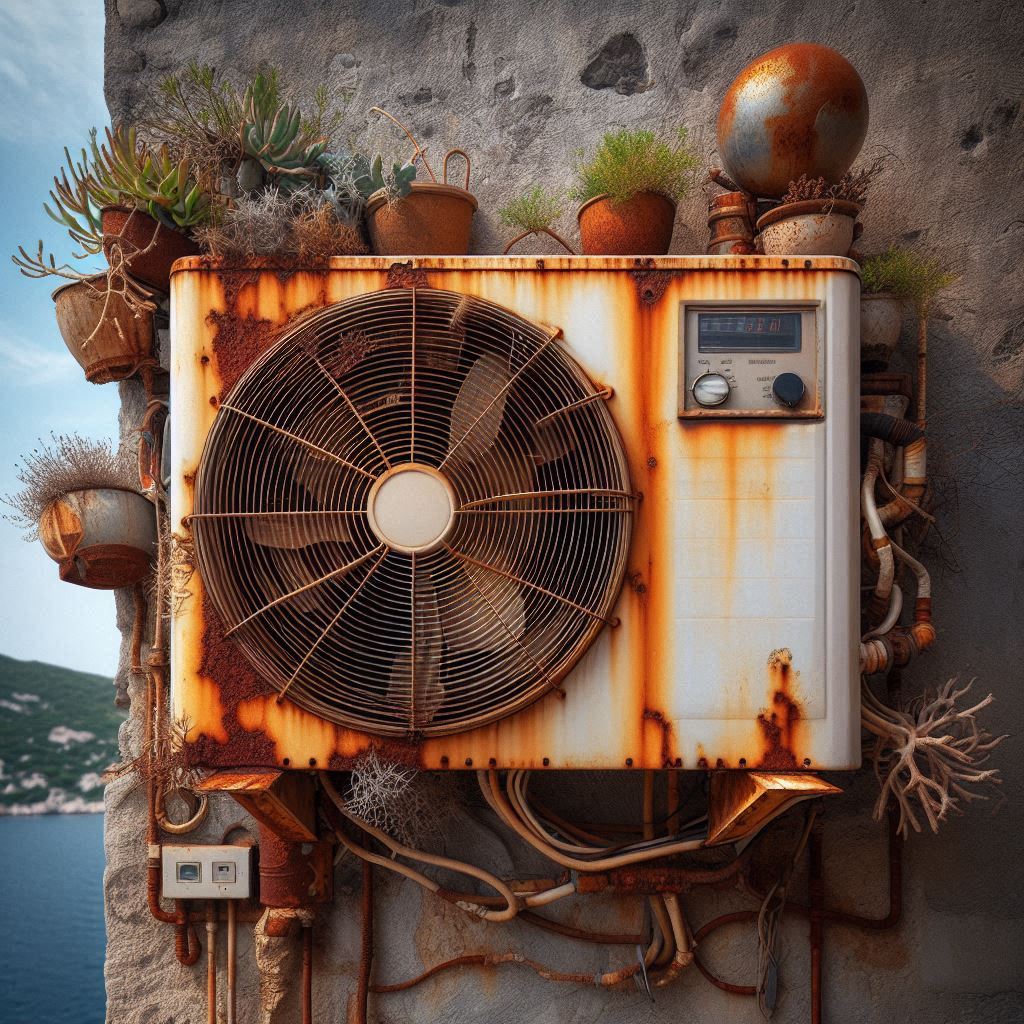
High Humidity
Coastal areas are characterized by high humidity, which is a primary catalyst for corrosion. Corrosion is a chemical reaction between metal, oxygen, and water (or moisture), leading to the formation of iron oxide, or rust. High humidity on the coast means that metal surfaces are often exposed to a moist environment, which accelerates this process.Salty Air and Salt Particles
Another significant factor is the presence of salt in the air. Seawater is rich in salts, particularly sodium chloride, and these salts evaporate along with the water and are carried by the wind. When salt particles settle on metal surfaces, they absorb moisture from the surrounding air and create ideal conditions for corrosion. Chloride ions in the salt can penetrate the protective layers of the metal and accelerate its oxidation.Temperature Fluctuations
Coastal areas often experience significant temperature changes between day and night. These fluctuations can lead to condensation on metal surfaces, which again contributes to their rusting. The rapid alternation of temperatures also causes expansion and contraction of materials, which can damage the protective surface layers of metals and increase the risk of corrosion.How to Protect Metal Parts of a Coastal House
Now that we understand why metals rust more quickly on the coast, it’s important to know how to prevent this process. Here are some proven methods:Use Stainless Steel
When selecting metal materials, prioritize stainless steel, which is more resistant to corrosion. The best choice is steel marked 18-8, containing 18% chromium and 8% nickel, ensuring high resistance to rust. Regular washing of metal parts: Regularly washing metal surfaces is essential to remove salt and moisture deposits that could accelerate the corrosion process.Treat the Surface with Protective Coating
Applying a protective coating, such as anti-corrosion paint or special coatings for coastal areas, can significantly extend the life of metal parts. Before applying a new coating, ensure the surface is clean and rust-free.Galvanization
Consider using galvanized metals, which are coated with a layer of zinc. This process prevents direct contact of the metal with moisture and air, significantly slowing down the corrosion process.Use Covers and Protective Tarps
Covering outdoor furniture, grills, and other metal items with protective tarps or storing them in enclosed spaces helps protect the metal from environmental elements.Regular Maintenance and Inspection
Regularly check the metal parts of the house for signs of corrosion. If you find rust, remove it immediately and treat the affected area again with a protective coating.Use Dehumidifiers and Ventilation
Reducing indoor humidity using dehumidifiers and fans in the kitchen and bathroom can help reduce the risk of corrosion of metal parts inside the house.Use Corrosion Inhibitors
Special corrosion inhibitors can be applied to metal surfaces to prevent corrosion. These inhibitors form a protective layer that slows down the rusting process.Avoid Surface Damage
Even small scratches can become an entry point for moisture and cause rust. Therefore, it is important to minimize the risk of scratching metal parts and promptly repair any surface damage.Consider Using Less Corrosion-Prone Materials
If possible, consider using alternative materials such as plastic, wood, or composite materials, which are less prone to corrosion than metal. These measures can significantly reduce the risk of corrosion of the metal parts of your coastal house and keep your property in good condition for many years. However, the biggest problem with rust appears on outdoor equipment, especially on outdoor air conditioning units.Air conditioning units installed in coastal areas are exposed to extreme conditions that can accelerate corrosion, especially due to high humidity and salty air. However, there are several steps you can take to protect your outdoor air conditioning unit from rust.
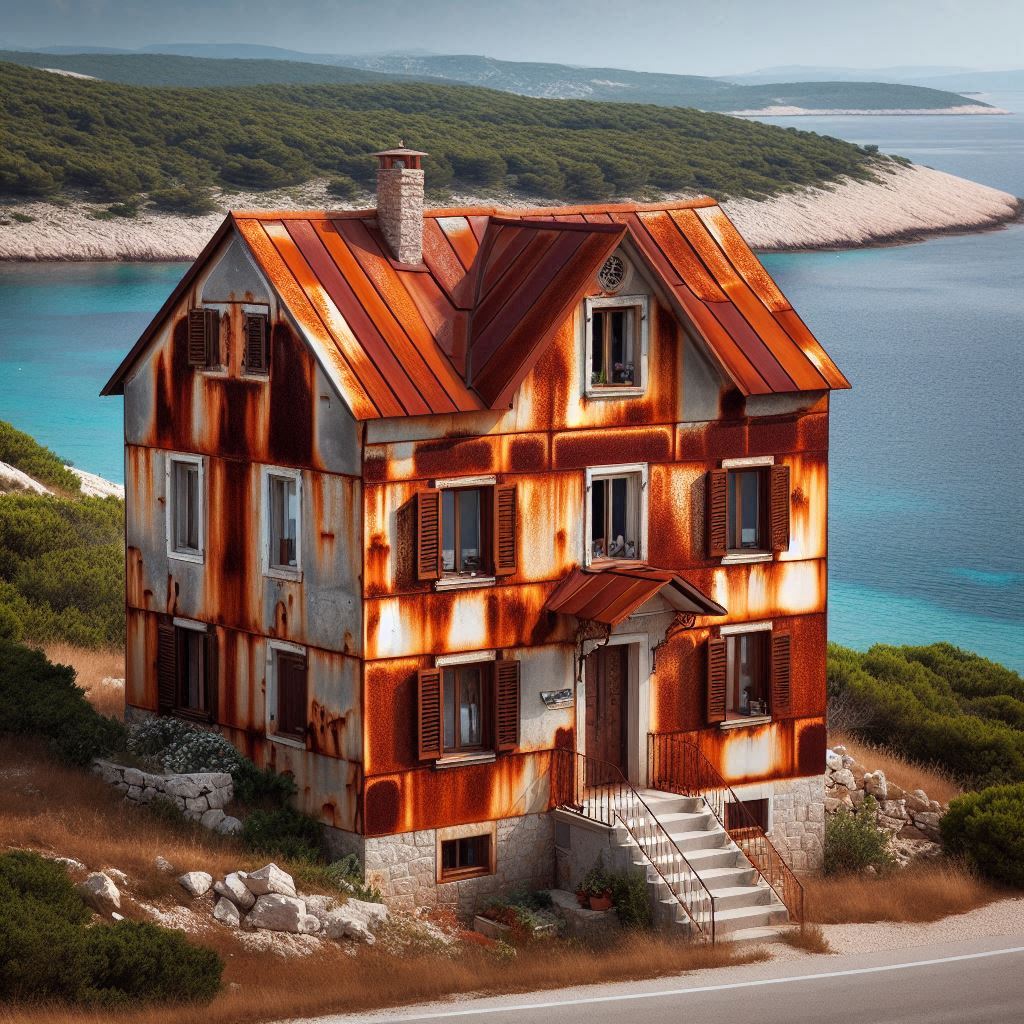
Apply an Anti-Corrosion Coating
One of the best ways to protect the outdoor air conditioning unit is to apply an anti-corrosion coating to all metal surfaces. This coating creates a protective barrier between the metal and the aggressive environmental elements. Before applying the coating, it is important to clean the unit and remove any existing rust.Regular Washing and Cleaning
Regularly washing the unit with fresh water helps remove salt deposits that can accumulate on metal parts. This significantly reduces the risk of corrosion. It is recommended to wash the unit at least once a week during the summer season.Use Protective Covers
When the air conditioning unit is not in use, it is advisable to protect it with a cover that prevents direct contact with moisture and salt. The covers should be breathable to avoid condensation of moisture inside the cover.Apply Corrosion Inhibitors
There are special corrosion inhibitors that can be applied to the metal parts of the outdoor unit. These products form an additional protective layer that prevents rust formation. Some inhibitors can be applied as a spray, making it easier to reach difficult areas.Galvanization or Stainless Materials
If possible, choose an outdoor unit made of galvanized materials or stainless steel. These materials are much more resistant to corrosion. Galvanization involves coating the metal with a layer of zinc, which prevents direct contact of the metal with moisture.Place the Unit in a Protected Area
Place the outdoor unit in a protected area, such as under a canopy or in a location not directly exposed to rain and salty wind. This simple step can significantly reduce exposure to corrosive elements.Regular Inspections and Maintenance
Conduct regular inspections and maintenance of the air conditioning unit. During inspections, look for possible signs of corrosion and take immediate action if any are found. Preventive maintenance can also include repairing any damage to the protective coating.These measures can significantly extend the lifespan of your outdoor air conditioning unit and ensure its reliable operation even in the challenging conditions of coastal areas.




















